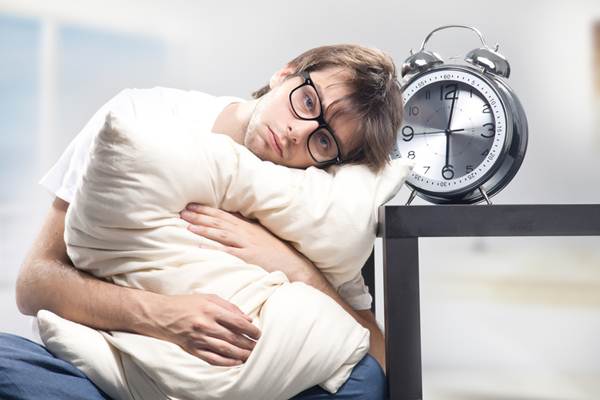
When you’re ill or stuck on a long flight and desperately need to get some shut-eye, sleeping aids can come in handy. However, relying on them to get a good night’s sleep for prolonged periods of time can be detrimental to not only your sleep cycle but other aspects of your health too. When used for a short period of time, sleeping aids rewire the chemicals in the brain to induce sleep; however, according to Dr. Daniel Fenton of London Doctors Clinic, they can be very addictive, and “when these medications are abused, the physical consequences can be very severe.” Given the various factors that can affect your natural sleep cycles, we asked Dr. Fenton what happens when you continuously turn to sleeping aids for help.

What are the physical effects of overuse?

According to Dr. Fenton, the effects of taking sleeping aids go far beyond your sleep cycle. These can include the “substantial risk of overdose, which can cause marked drowsiness and confusion.” Due to the sedative nature of sleeping aids, Dr. Fenton says, “You can develop respiratory depression, which in simple terms is a difficulty in breathing.” In addition, “they can create slurred speech, blurred vision, and a lack of coordination. In the very worst situations, they can cause a coma.”
How do they affect your sleep cycle?

Using sleeping aids over a long period of time can disrupt your brain’s ability to right your sleep cycle and produce the hormones needed to induce sleep. In fact, you can become so dependent on sleeping aids that stopping usage can cause you to develop something called “rebound insomnia.” According to Dr. Fenton, “This is where the ability to get to sleep or stay asleep can be even worse than when you started the pills. Essentially, the brain becomes accustomed to the chemical changes caused by the sleeping pills, and their long-term use may even have caused the body to reduce the amount of naturally produced sleep chemicals.”
What’s the best way to break the addiction?
Much like other addictive substances, putting a complete stop to your use of sleeping aids should be done in a safe and sustainable way over a period of time rather than suddenly. Dr. Fenton advises that you “should undertake a slow and gradual reduction with a planned schedule with an ultimate plan to stop.” He emphasizes the importance of involving a healthcare professional, saying, “The process of stopping should be done in a carefully controlled fashion. This can often be done at home with guidance from your GP or can be done as in-patient ‘detox’ with the oversight of a specialist.”

Leave a Reply